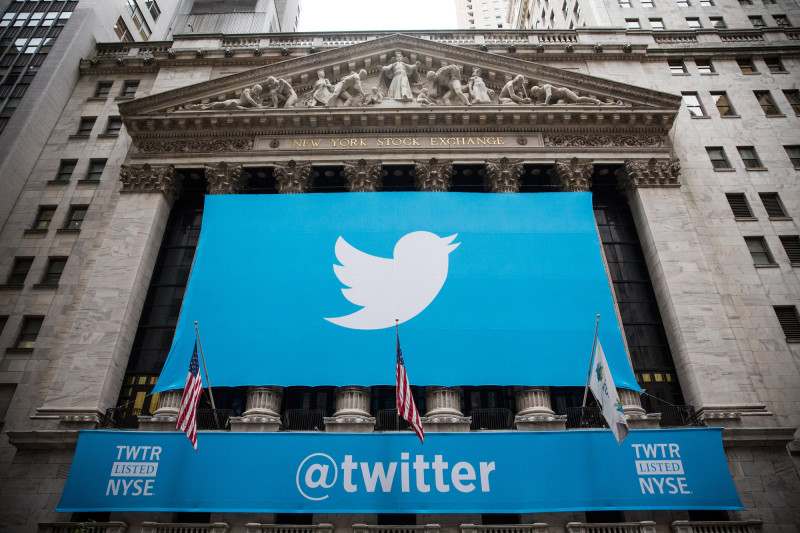Twitter is suing the FBI and the Department of Justice to be able to release more information about government surveillance of its users.
The social media company filed a lawsuit Tuesday in U.S. District Court in San Francisco (embedded below) seeking permission to publish its full "transparency report," which documents government requests for user information. Twitter Inc. published a surveillance report in July but couldn't include the exact number of national security requests it received because Internet companies are prohibited from disclosing that information, even if they didn't get any requests.
The San Francisco-based company said in a blog post that it believes it's entitled under the First Amendment to "respond to our users' concerns and to the statements of U.S. government officials by providing information about the scope of U.S. government surveillance."
The U.S. government has been able to access phone networks and high-speed Internet traffic for years to catch suspected criminals and terrorists. The FBI also started pushing technology companies like Google, Skype and others to guarantee access to their data streams and grab emails, video chats, pictures and more. It recently emerged that Yahoo was threatened with a daily fine of $250,000 by the U.S. government if it didn't comply with demands to give up information on its users. A secret 2007 lawsuit and subsequent appeal was ultimately unsuccessful, the company said last month after a federal judge ordered some material about the court challenge to be unsealed.
Technology companies say they turn over information only if required by court order, and in the interest of transparency with their customers, want to share information about the government's activities.
